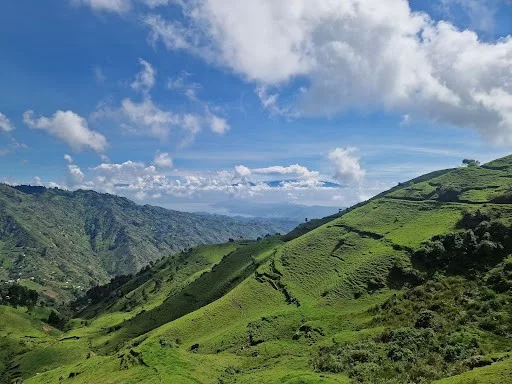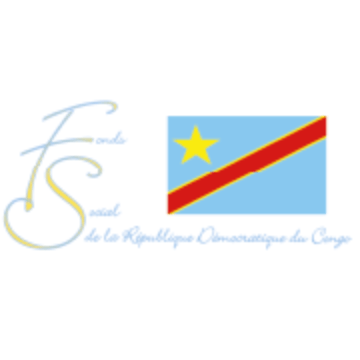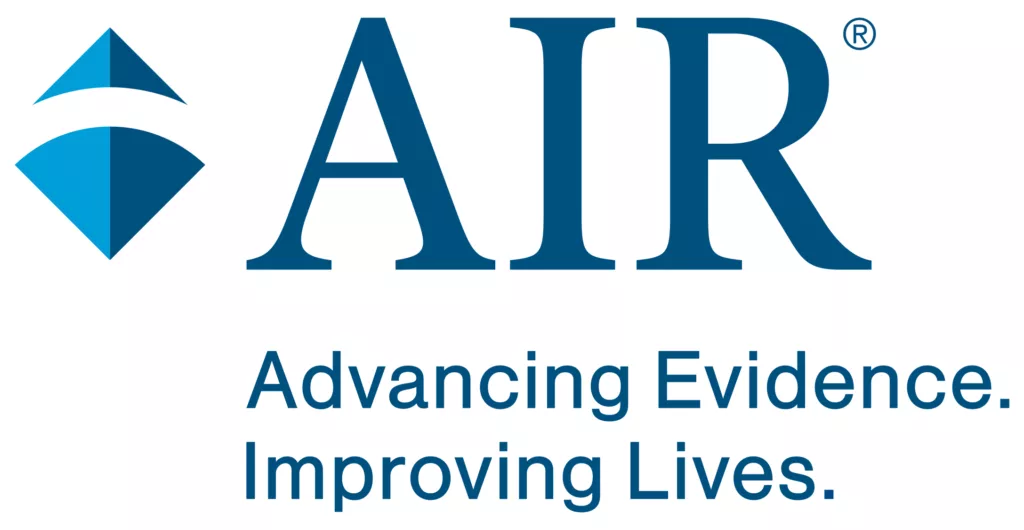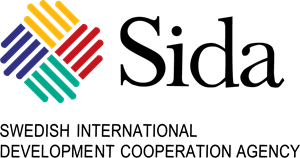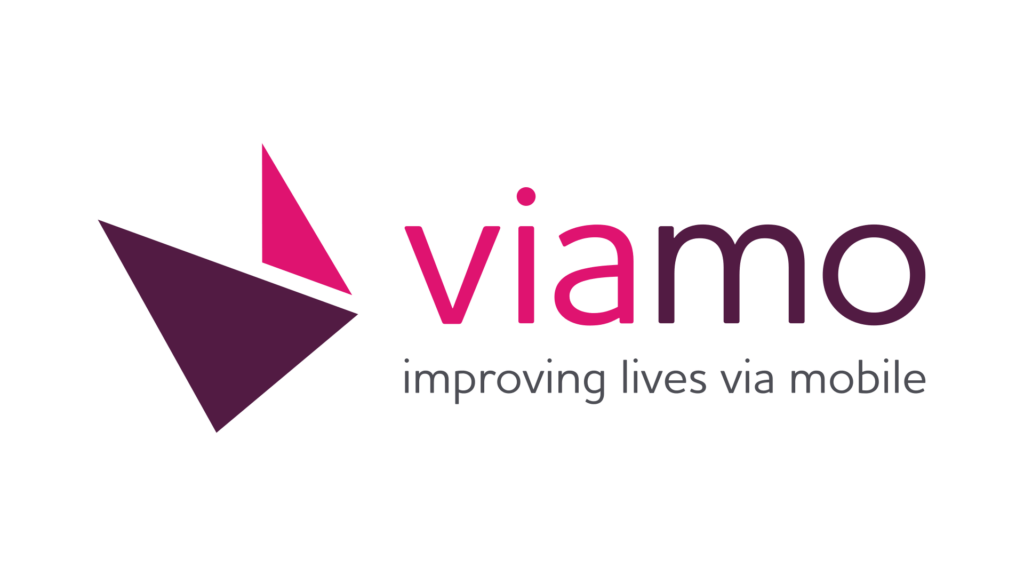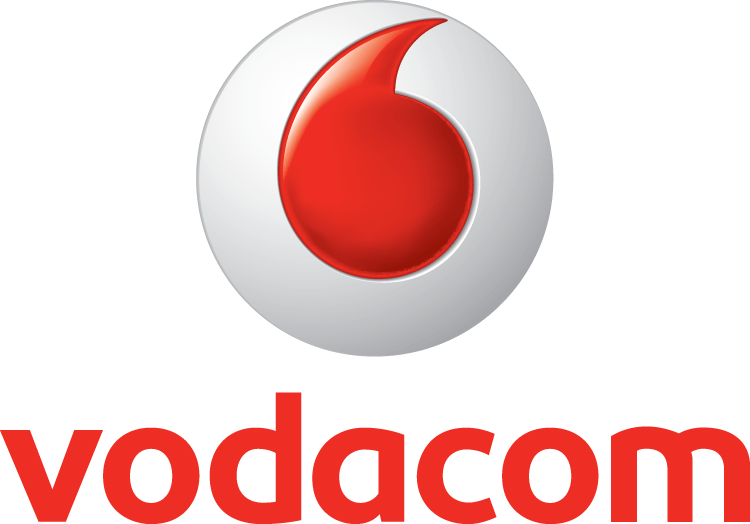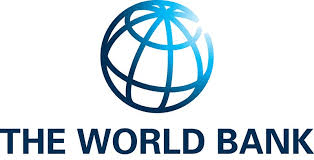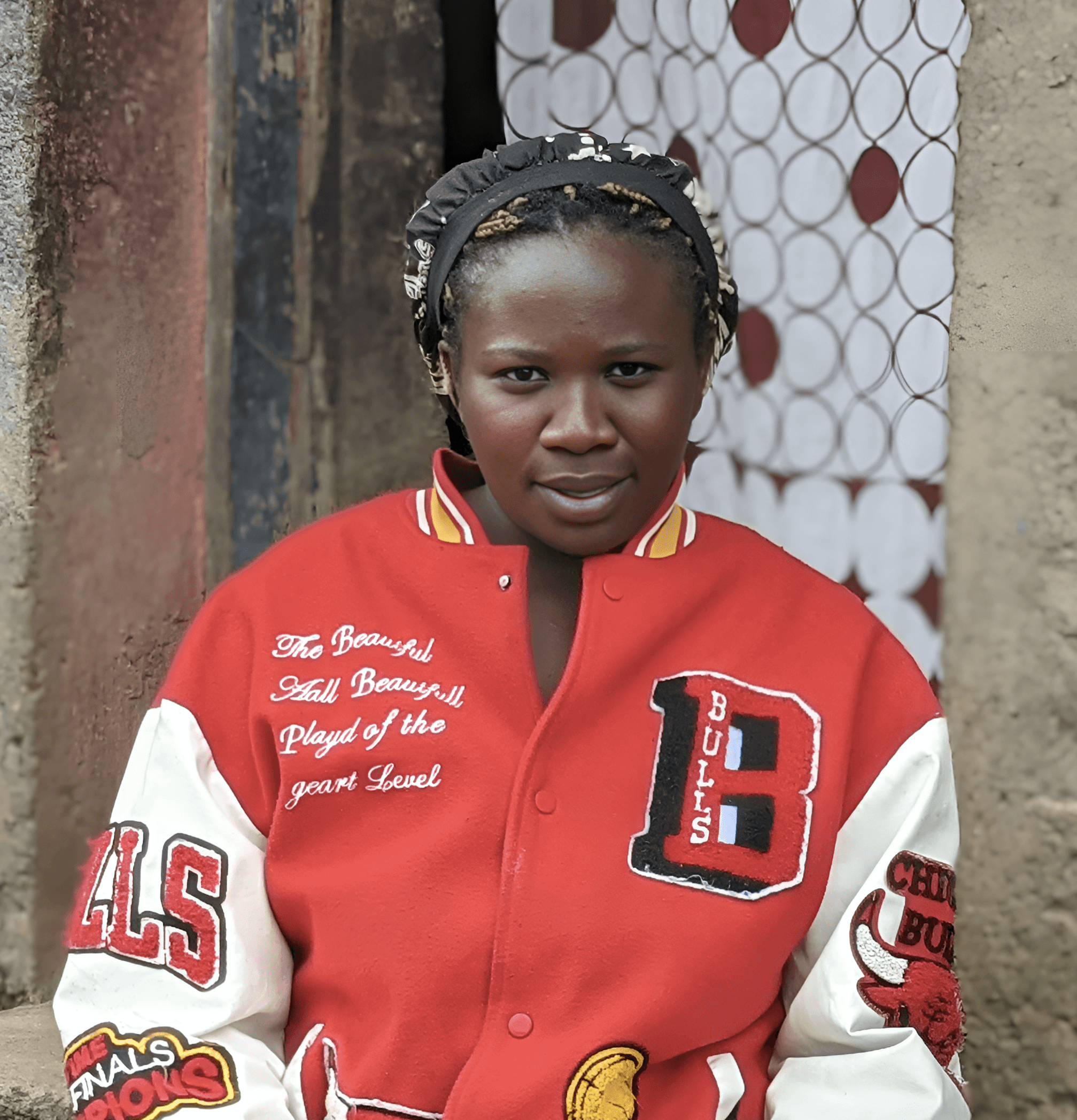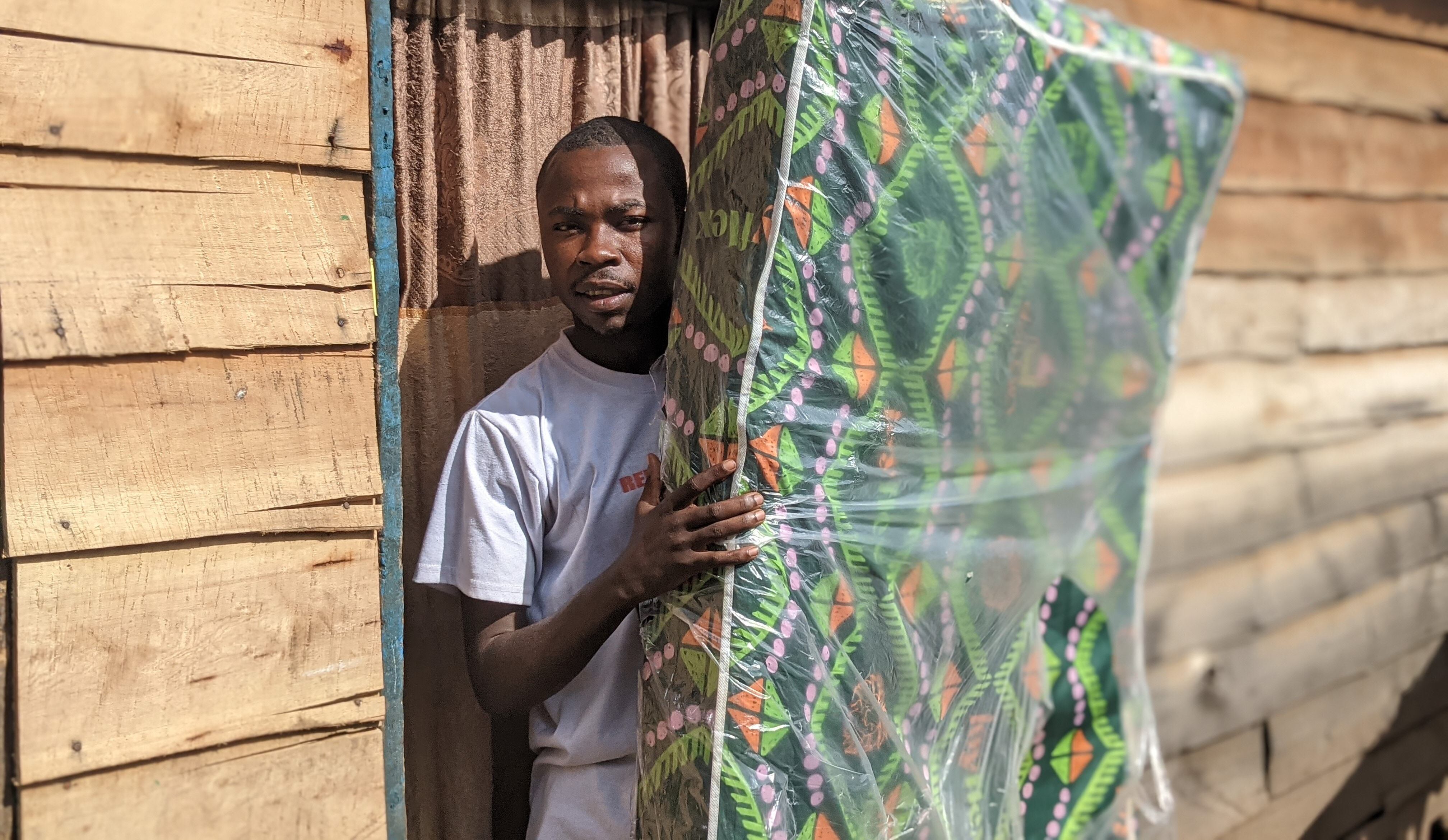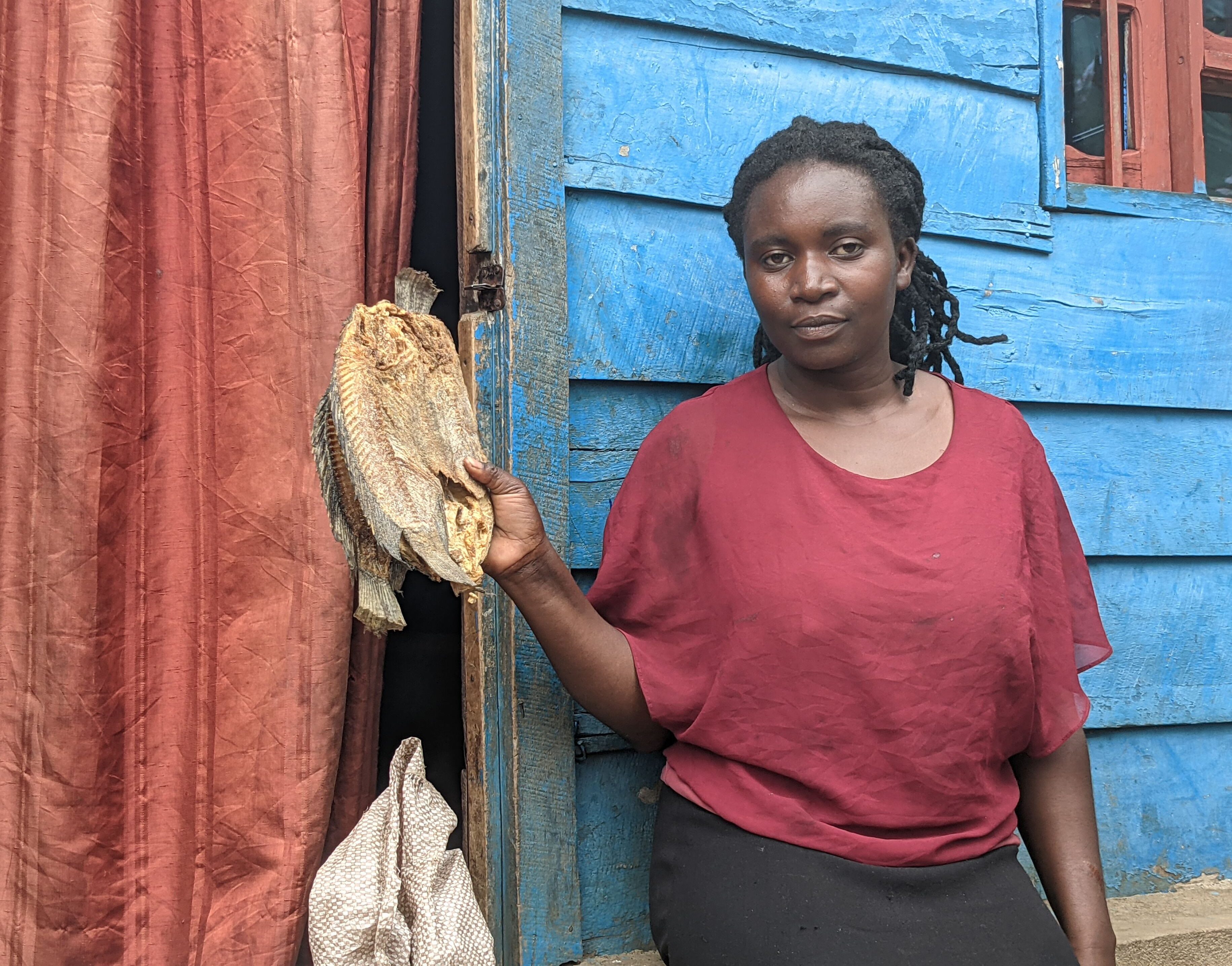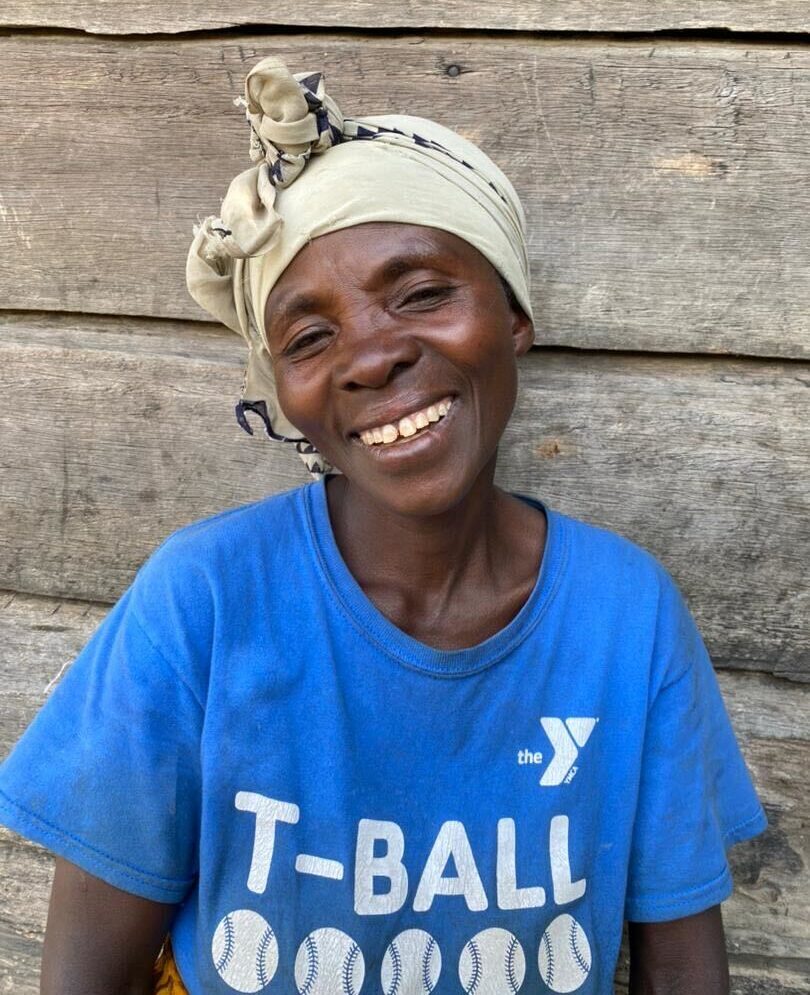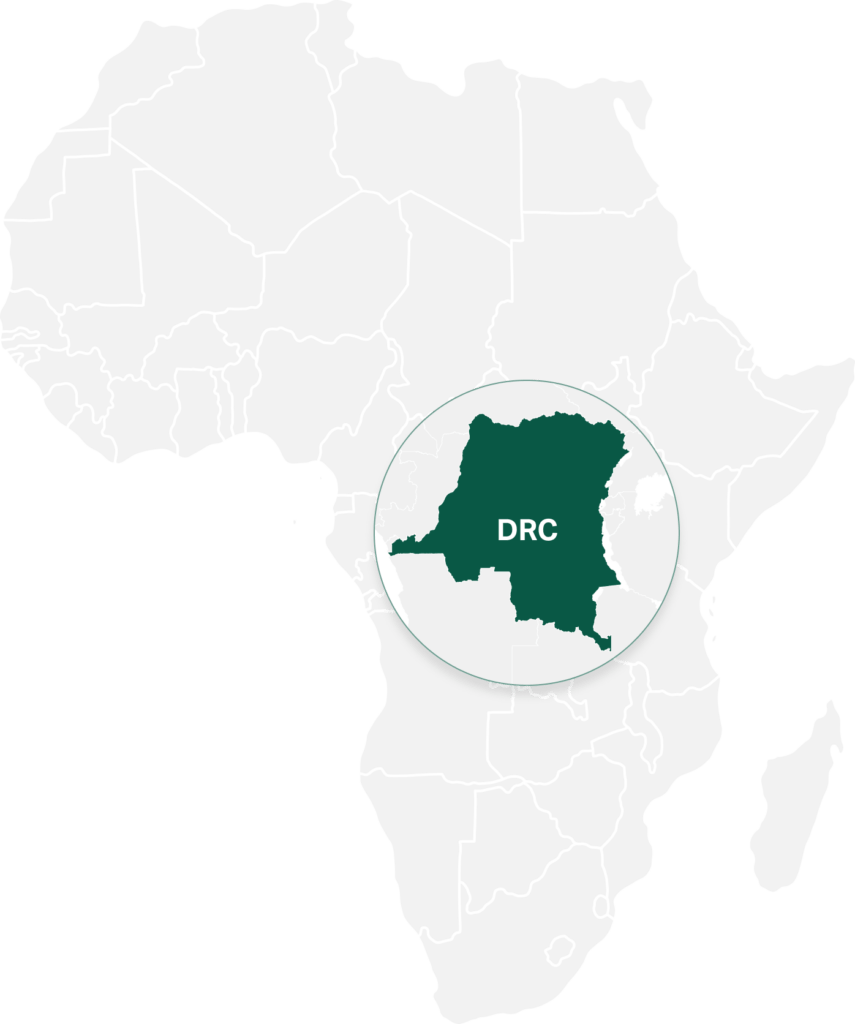
We’re delivering cash to people who need it most, even in complex environments.
We’re giving cash to support at-risk and hard-to-reach communities.
ACTIVE Programs
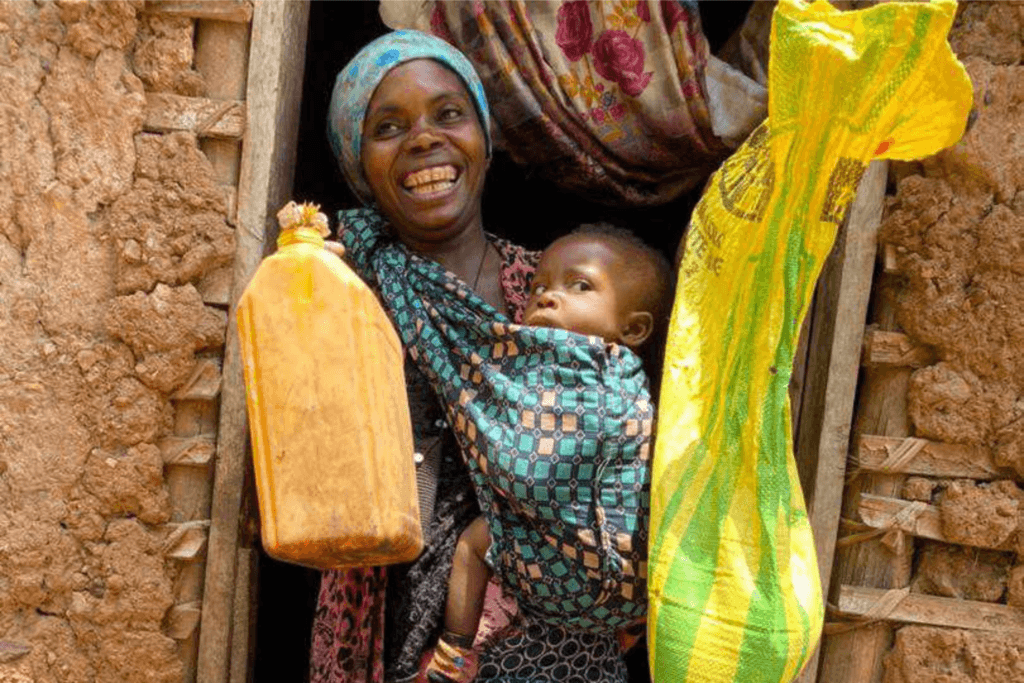
Large transfer
Cash for Nutrition
Launched in 2022, this program delivers unconditional cash over 3 years to enable vulnerable families in South Kivu to address food insecurity, malnutrition, and other immediate needs.
ShowPAST Programs
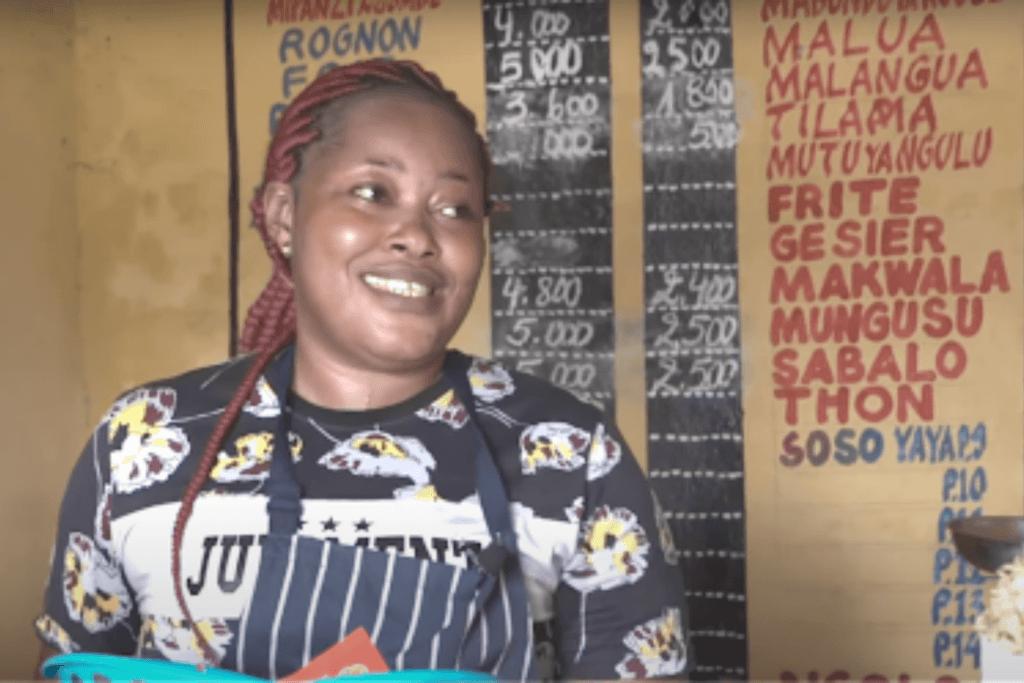
EMERGENCY RELIEF
COVID-19 Emergency Relief Pilot
2021 program that leveraged cell-phone usage data to remotely provide pandemic relief payments to families living in Kinshasa.
Transfer Size
$25 monthly transfers for 6 months
Recipients Reached
50,000
Outcomes
These payments provided a safety net for recipients and their families during acute stages of the COVID-19 pandemic in the poorest communes in Kinshasa.
Recipients reported spending on food, health care and other basic needs. This project was realized in close collaboration with the DRC Social Fund, which coordinates government social protection benefits.
Partners
World Bank, Fonds Social, Viamo, Vodacom
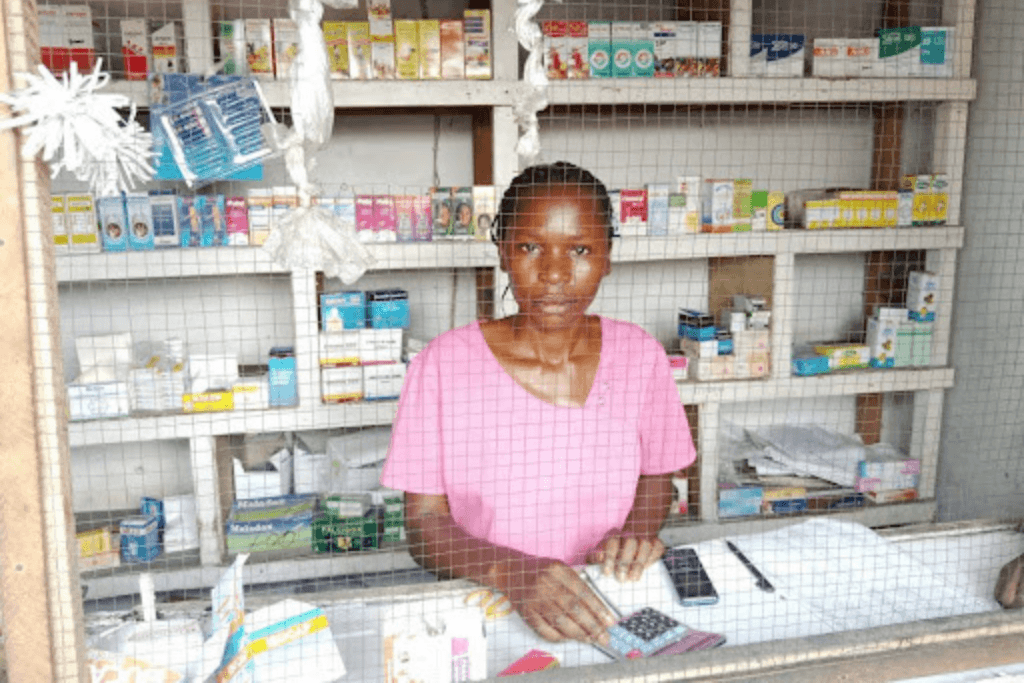
EMERGENCY RELIEF
Contactless COVID-19 Response
Launched during the COVID-19 pandemic to remotely provide unconditional cash to vulnerable people in Goma, Beni, and Bunia. Recipients were identified on social registry lists by the DRC Social Fund.
Transfer Size
$40 per month for 4 months
Recipients Reached
8,000
Outcomes
During the COVID-19 pandemic, we pivoted from an in-person enrollment model focused on rural poverty alleviation to a fully remote emergency relief program focused on urban families impacted by the COVID-19 lockdowns.
Most recipients reported using their transfers to purchase food: after receiving 4 months of payments, there was a 50% decrease in recipient-reported food insecurity. By sending cash via mobile money, the program was able to reach vulnerable communities in the context of a pandemic.
Partners
Fonds Social, World Bank
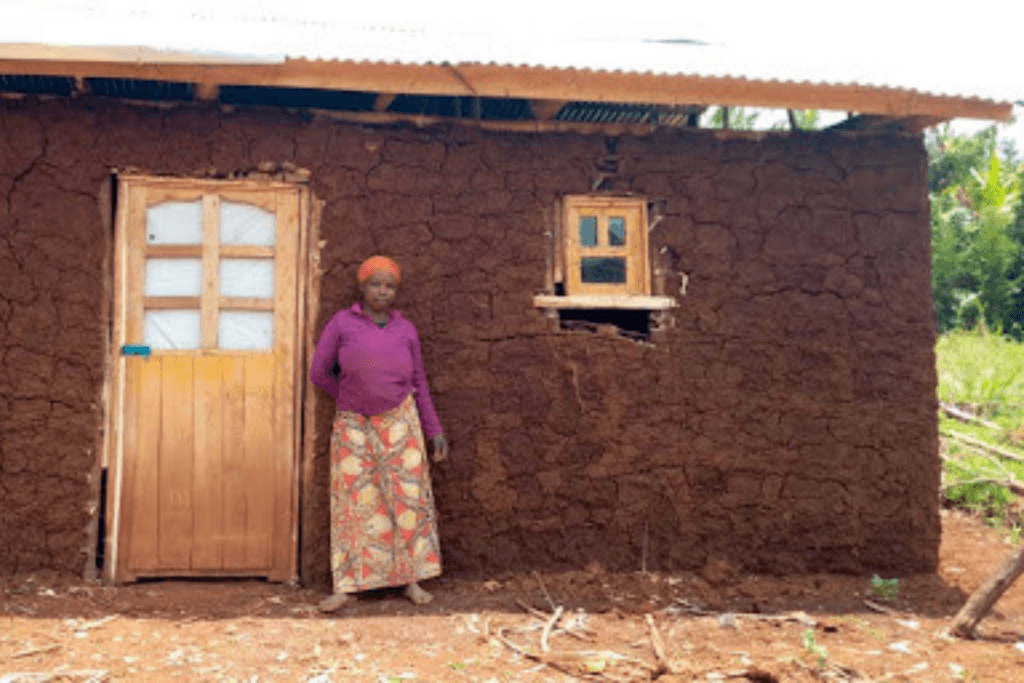
CASH BENCHMARKING
Cash+ Youth Benchmarking
2018 program that studied the relative impact of large cash transfers in rural and urban communities on young adults between 18-25 years old.
Transfer Size
$500-$1,000 — different transfer sizes were compared to measure impact per dollar
Recipients Reached
6,000
Outcomes
Youth living in urban areas reported spending their transfers differently than those in rural areas when surveyed by our staff. These variations reflect distinct market and infrastructure needs in each context.
Recipients living in urban areas predominantly spent their transfers to start or invest in businesses. Mean recipients in rural areas reported more diverse spending:
- 42% bought livestock or agricultural inputs, like animal feed and fertilizer
- 56% started or invested in an existing business
- 38% built or improved their house
- 17% bought food
Partners
USAID, Catholic Relief Services, Education Development Center, University of California, Berkeley
Poverty in DRC
DRC is one of the five poorest nations in the world despite its abundance of natural resources, arable land, and potential for hydroelectric power. As of 2022, roughly 60M people (62% of the population) lived on less than $2.15 per day. Decades of conflict and instability have created a persistent humanitarian crisis, with millions of people forcibly displaced from their home communities. Nearly 1 in 6 people in extreme poverty in sub-saharan Africa live in DRC.
DRC ranked 164th out of 174 countries in the World Bank’s 2020 Human Capital Index (HCI) with a score of 0.38, below average for countries in Sub-Saharan Africa. This ranking is driven by factors like low survival rates of children under 5 years old, high rates of stunting and chronic malnutrition, and poor access to quality education. DRC is facing one of the largest hunger crises in the world, with over 35% of the population undernourished.
Sources: World Bank, UNHCR, IPC, FAO
We’re committed to delivering cash aid securely in difficult environments.
To ensure safe and transparent reporting of observed misconduct by GiveDirectly staff, volunteers, vendors, contractors, or partners, we offer the following channels:
📋 File a report through our third-party whistleblowing portal
📨 Send an email complaint to whistleblower@givedirectly.org
📞 Call our DRC hotlines
